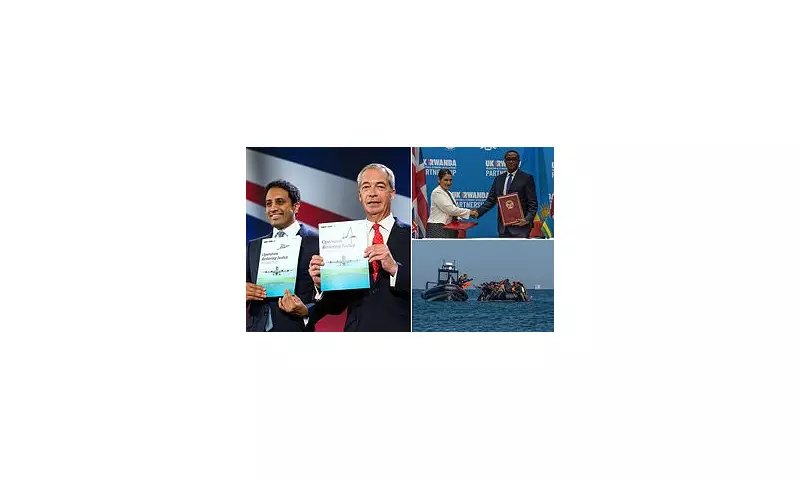
In an extraordinary development in Britain's immigration policy, the stalled Rwanda asylum scheme appears poised for revival alongside a surprising new player: the Taliban.
The UK government is preparing to inject an additional £50 million into the controversial agreement with Rwanda, despite the plan being previously ruled unlawful by the Supreme Court. This renewed commitment signals a determined effort to push forward with the flagship immigration policy ahead of potential general elections.
Taliban's Unexpected Offer
In a startling geopolitical twist, the Taliban regime in Afghanistan has declared itself "ready and willing" to work with the British government on migrant transfers. This unexpected proposition from the internationally unrecognized government adds a complex new dimension to the UK's immigration strategy.
A Taliban spokesperson stated their willingness to engage in discussions, creating both opportunities and diplomatic challenges for Westminster.
Farage and Reform UK Enter the Fray
Adding to the political drama, Nigel Farage's Reform UK party has announced its own ambitious plan to process asylum seekers overseas. The party claims it has identified multiple countries willing to accept migrants from Britain, presenting an alternative to the government's Rwanda scheme.
This move positions immigration firmly at the centre of the upcoming electoral battle, with multiple parties now advocating for offshore processing solutions.
Political Reactions and Implications
The revival of the Rwanda deal has sparked intense debate across the political spectrum. Former Home Secretary Suella Braverman has been particularly vocal, criticising the government's approach while supporting the principle of offshore processing.
Meanwhile, humanitarian organisations have expressed alarm at both the Rwanda scheme's revival and the potential involvement of the Taliban regime, citing concerns about human rights protections and the safety of vulnerable asylum seekers.
As Britain grapples with ongoing migration challenges, these developments suggest a significant hardening of approach, with offshore processing becoming a central plank of UK immigration policy regardless of which party holds power.





